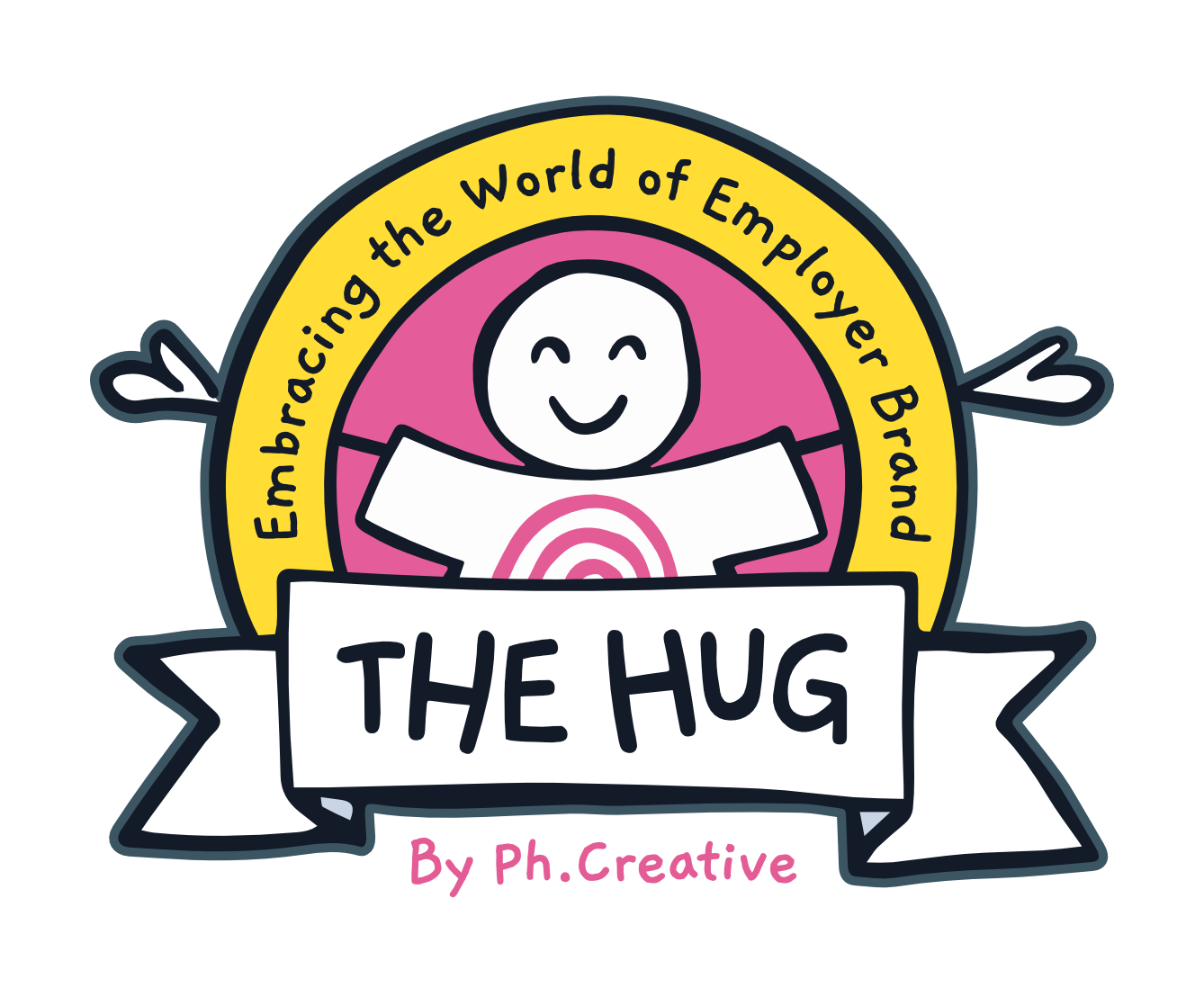Netflix's New Culture Memo is a Letdown
3 min read. It’s official. A full 15 years after Reed Hastings and Patty McCord released the famous culture deck that many hailed as a new framework for HR, Netflix has come out with a new memo entitled, “The best work of our lives.”
It’s official. A full 15 years after Reed Hastings and Patty McCord released the famous culture deck that many hailed as a new framework for HR, Netflix has come out with a new memo entitled, “The best work of our lives.”
It’s been a long-awaited reboot, but we can’t help but feel it’s a little bit… meh?
The Difference Between the Culture Deck and the Memo
Despite Netflix’s enduring association with “& chill”, the streaming behemoth’s original 175-slide manifesto was anything but. And that’s what made it brilliant.
It caught everyone’s attention in 2009 with its crisp and fearless honesty, and went on to inspire similar versions for leading companies across the tech sector like Facebook, Spotify, and others.
While the memo reiterates some great concepts from the deck like “the keeper’s test”, the “we’re a pro sports team, not a family” metaphor and Netflix’s steadfast commitment to a high-performance culture, many of the best bits have been ditched or watered down.
Tempering the language
“Adequate performance gets a generous severance package.”
Became
“Professional sports teams… focus on performance and picking the right person for every position, even when that means swapping out someone they love for a better player.”
“Netflix doesn’t have to be forever.”
Became
“Our Dream Team is driven by performance — not seniority, tenure or unconditional loyalty.”
“Brilliant jerks – some companies tolerate them. For us, cost to effective teamwork is too high.”
Became
“No matter how brilliant someone may be, there’s no place in our Dream Team for people who don’t treat their colleagues with decency and respect.”
Despite “uncomfortably exciting” being a new addition to the values, the memo neglects to say the uncomfortable things about Netflix’s culture with the same conviction as the 2009 deck.
The core premises remain strong, but the overall memo feels lukewarm somehow. It’s lost some of the zest and no-nonsense bite that made the original so worth reading.
Like this little gem that explains why Netflix doesn’t have a vacation policy:
“There is also no clothing policy at Netflix, but no one comes to work naked.
Lesson: you don't need policies for everything.”
The Scary, Bitter Slide
Most notably absent from the new memo is anything resembling slide 39.

This slide was bold and effective because it did two things.
1. It got suitable talent to visualise themselves thriving in Netflix’s culture.
2. It gave unsuitable talent a flavour of the “fear” or “bitterness” that awaits them in this uniquely high-performance setting.
It sent a crystal-clear message – you might hate working at Netflix.
And that’s great. From that point on, assuming every applicant sees the deck, everyone is clued up on what to expect. Regardless of any other competencies, talent that applies understands the nature of the high-performance culture, which automatically weeds out a glut of incompatible applications.
For decades, Netflix has proven its prowess in keeping folks chemically fused to the couch, and until now leaders haven’t minced their words when telling the world exactly how they do it.
The deck even took a swipe at companies who make baseless "lobby" values.


In a world where corporate messaging is often insipid (or just plain untrue), Hastings and McCord’s tone was something different, and it feels somewhat muzzled in the new memo.
Still, it doesn’t take away from what the OG deck achieved.
What should we learn from it?
If there’s a lesson to take away from the memo, perhaps it’s this: make sense of your culture, what it is and isn’t, and then own it. Say the hard thing. Say it with your chest. That’s how you cut through the tepid corporate mumblings of a “great culture” with “strong values”.
Tempering the truth is useless because talent will find out the whole story one way or another, and the sooner they do, the more time and money you’ll save, and the more top performers you will keep.
Sign up to our blog

Every other Thursday we share:
✔ One feature full of our freshest insights
✔ An expert hack you'll love to use
✔ The links you need now
+ other helpful bits for thousands of EB and TA pros just like you
